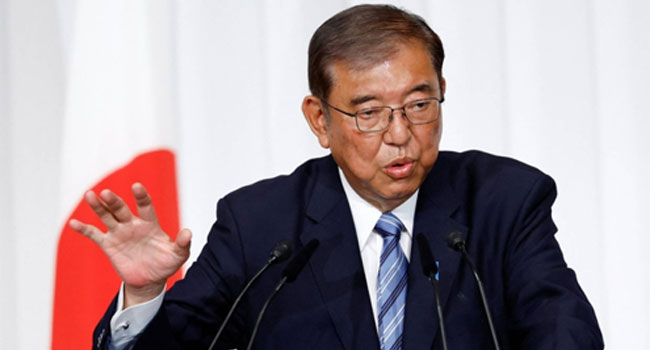Japan is facing political instability after the national elections. The uncertainty comes amid the country’s long-ruling party’s worst electoral performance in 15 years. Prime Minister Shigeru Ishiba has been pressured to resign. Doubts have also arisen over whether he will be able to form the next government. Again, no other party got the necessary seats to form the government.
The Liberal Democratic Party (LDP) and its junior coalition partner Komeito failed to secure a majority in the powerful lower house in Sunday’s vote. As a result, the party started fighting to find minor partners to form the government within 30 days.
Ishiba, who became prime minister, had hoped to consolidate his leadership through fresh elections amid public anger over political funding scandals and the rising cost of living. But the election results backfired for him.
The ruling coalition won only 215 seats, far short of the 233 required for a majority. It was the worst result since 2009 for the LDP, which dominates Japanese politics; At that time the party lost power for four years.
Despite major successes, pro-communist to far-right parties are seen as more divided in government formation. Many opposition parties have also ruled out joining an alliance with the LDP and Komeito. As a result, the way forward has become more complicated.
Some analysts predicted the LDP and Komeito could try to form a minority government, relying on smaller, center-right parties like the Democratic Party for the People and the Innovation Party to pass legislation on a case-by-case basis.
Despite the domestic upheaval, Japan’s foreign policy is not expected to undergo major changes; But some priorities may change.
Former Defense Minister Ishiba adopted several controversial proposals, such as the creation of an Asian version of NATO and nuclear sharing arrangements with the United States.
But its weak position means these plans are unlikely to gain traction. Analysts say Ishiba will instead focus on areas of greater political consensus if he survives.


